Lawmakers are quietly pushing policies that could change your daily life—and you probably haven’t heard about half of them.

Think Washington’s gridlocked and irrelevant? Not so much. Behind the noise and nonstop headlines, there’s a packed agenda moving forward—and a lot of it could seriously affect your life. We’re talking about decisions that impact your taxes, your healthcare, your kids’ education, and even how you vote. Some of these policies are flying under the radar, while others are disguised as “bipartisan wins” that deserve a second look.
Whether you trust the system or not, these issues are gaining momentum—and staying uninformed could leave you blindsided. This isn’t about party lines; it’s about paying attention. Because if you’re not watching what Washington’s doing right now, you might wake up to a reality you didn’t vote for—and never saw coming.
1. Congress just passed a $4.5 trillion tax cut—guess who benefits most.

The House and Senate approved a massive tax package extending Trump’s 2017 cuts, slashing corporate rates and offering breaks on tips and overtime. While it’s being sold as relief for working families, the biggest winners are large corporations and high earners. Since the President has signed it into law, expect a long-term impact on the federal deficit and funding for social programs, as reported in Reuters. Critics argue it’s a windfall for the wealthy, while supporters claim it will spur economic growth. Either way, your paycheck and public services could feel the effects soon.
2. Medicaid recipients face new hurdles as work requirements expand.
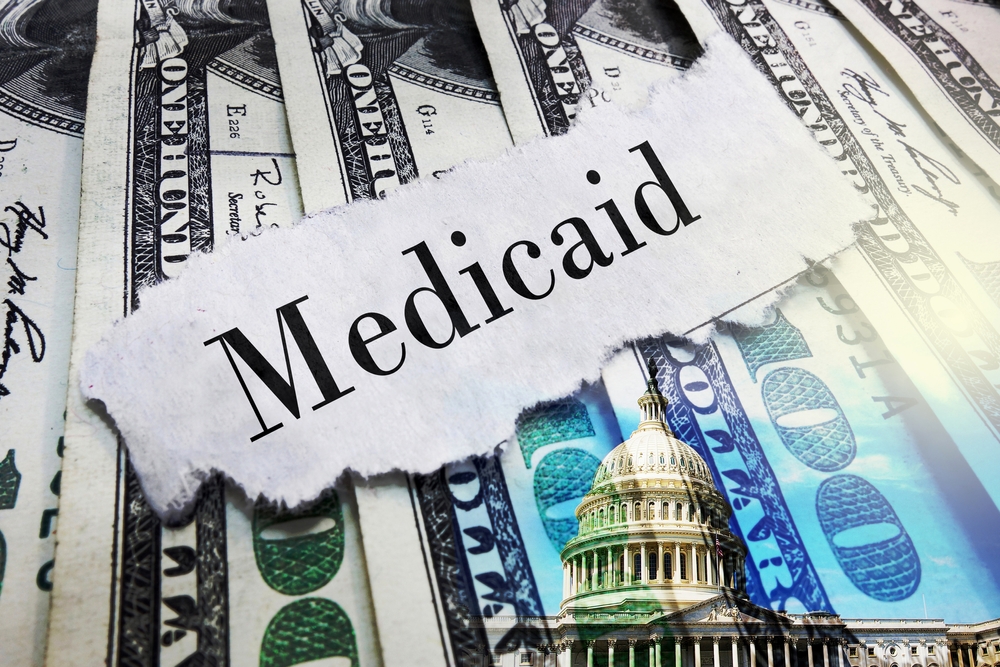
The “Big Beautiful Bill” introduces stricter work and paperwork requirements for Medicaid, affecting millions. Even those who are elderly, disabled, or caretakers may struggle with the added bureaucracy. In states like Arkansas, similar policies led to thousands losing coverage due to administrative issues, not ineligibility. Advocates warn this could disproportionately impact vulnerable populations, while proponents argue it encourages employment, as shared in The Washington Post. The debate continues as implementation begins.
3. SNAP benefits slashed by $9 billion—families brace for impact.
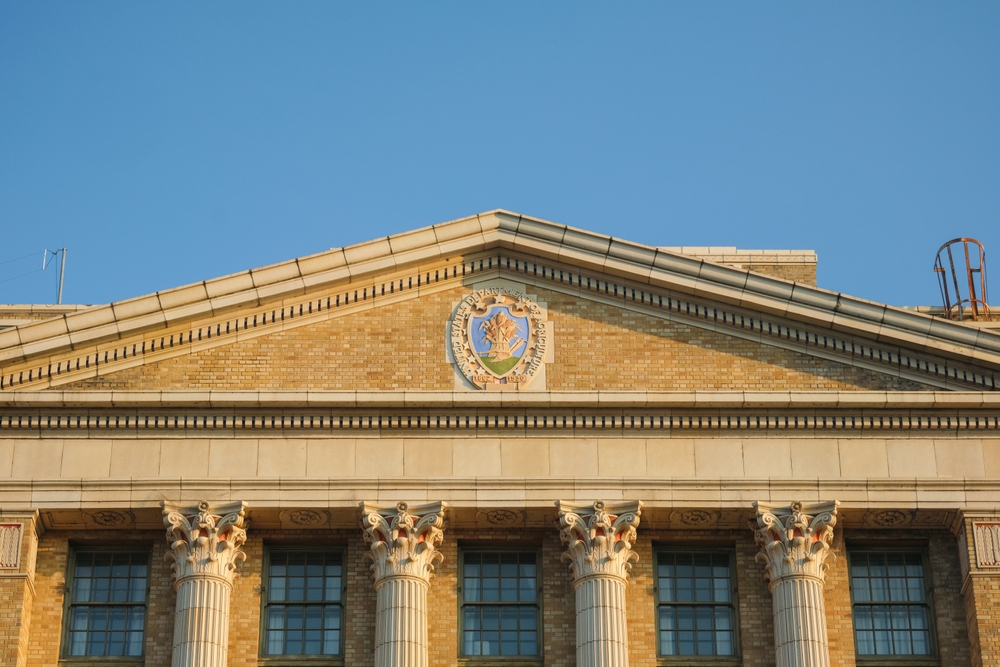
The recent legislation includes a $9 billion cut to the Supplemental Nutrition Assistance Program (SNAP), reducing food aid for millions. This move comes amid rising food prices and economic uncertainty. Supporters claim it will reduce government spending, but critics argue it will increase food insecurity, especially among children and the elderly, as stated by the Financial Times. Nonprofits and food banks anticipate a surge in demand as families seek alternative assistance.
4. Renewable energy incentives axed—coal gets a boost.

The energy sector sees a shift as subsidies for solar, wind, and electric vehicles are cut, while coal producers receive new tax rebates. This policy reversal threatens the growth of clean energy industries and could lead to higher electricity costs in the long run. Environmental groups express concern over increased carbon emissions, while coal advocates celebrate the support for traditional energy sources.
5. AI development accelerates as regulations are rolled back.

An executive order removes previous restrictions on artificial intelligence research, aiming to boost U.S. leadership in the field. While tech companies welcome the deregulation, experts caution about potential ethical and security risks. The move reflects a broader trend of prioritizing innovation over oversight, raising questions about the balance between progress and responsibility.
6. Mass federal layoffs approved—thousands of jobs at risk.
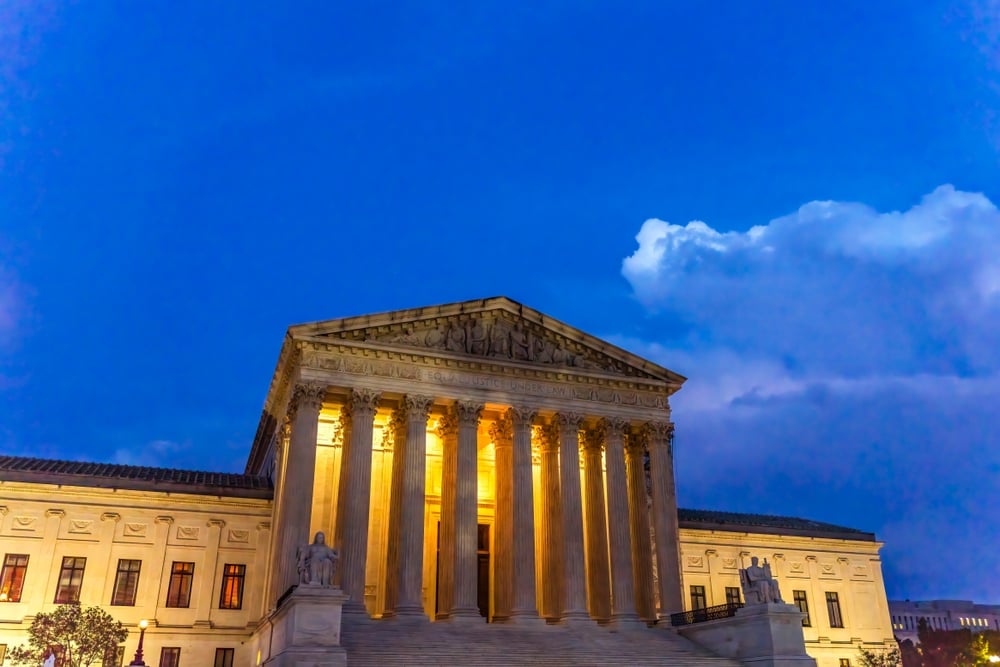
The Supreme Court has cleared the way for significant reductions in the federal workforce, affecting agencies like Veterans Affairs and Social Security. The administration argues this will streamline government operations, but unions and public service advocates warn of decreased efficiency and loss of essential services. The full impact remains to be seen as departments begin implementing cuts.
7. Immigrant access to Head Start and healthcare programs revoked.
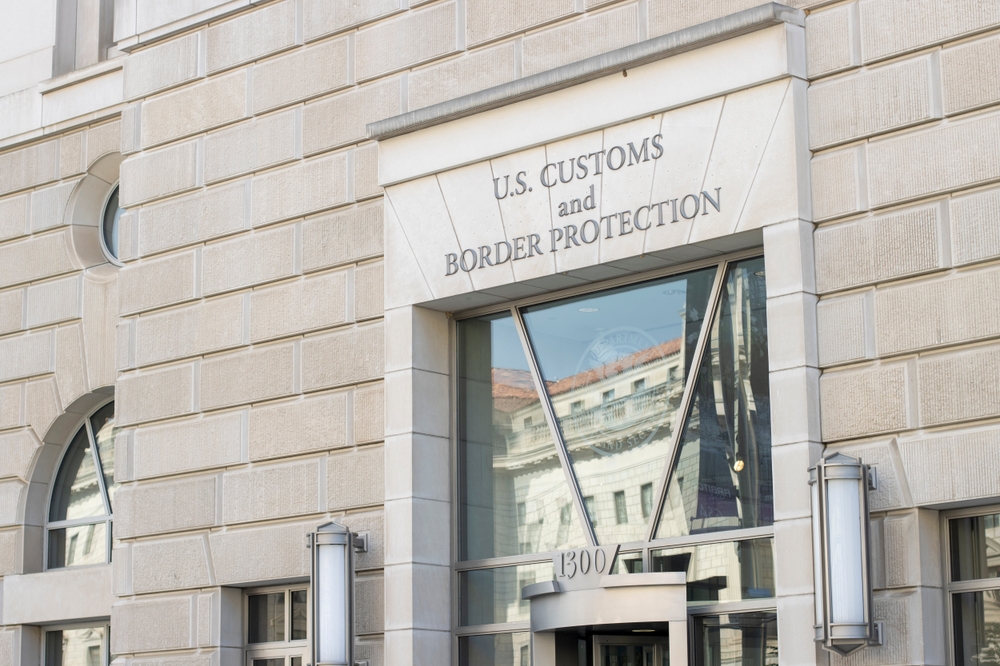
New policies bar undocumented immigrants from accessing federally funded programs like Head Start and community health centers. Supporters claim this protects taxpayer resources, but critics argue it harms children and public health. The changes may lead to increased fear and decreased participation in essential services among immigrant communities.
8. Child care tax credits expanded—but not for everyone.
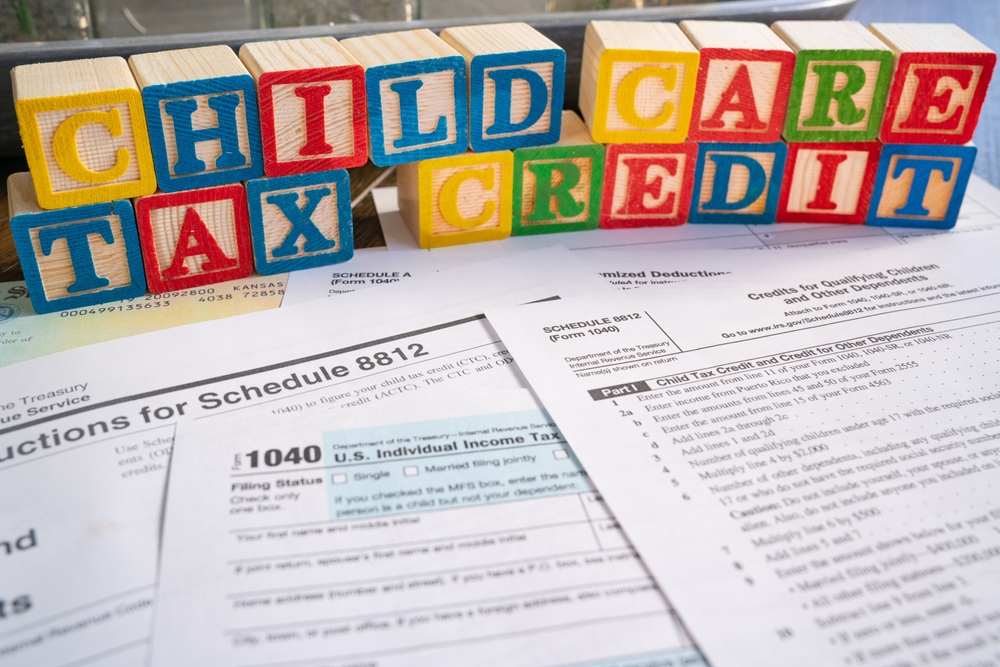
The legislation introduces $16 billion in child care tax credits, primarily benefiting middle- and upper-income families. Low-income households may see little relief due to the non-refundable nature of the credits. While some hail this as a step forward in supporting working parents, others criticize it for failing to address affordability for those most in need.
9. Department of Education faces downsizing and restructuring.

Plans are underway to dismantle the Department of Education, transferring responsibilities to other agencies. This includes shifting student loan management to the Small Business Administration and special needs programs to Health and Human Services. Critics argue this could disrupt services and reduce federal oversight, while proponents believe it will return control to states and localities.
10. Foreign aid slashed by $60 billion—global programs in jeopardy.
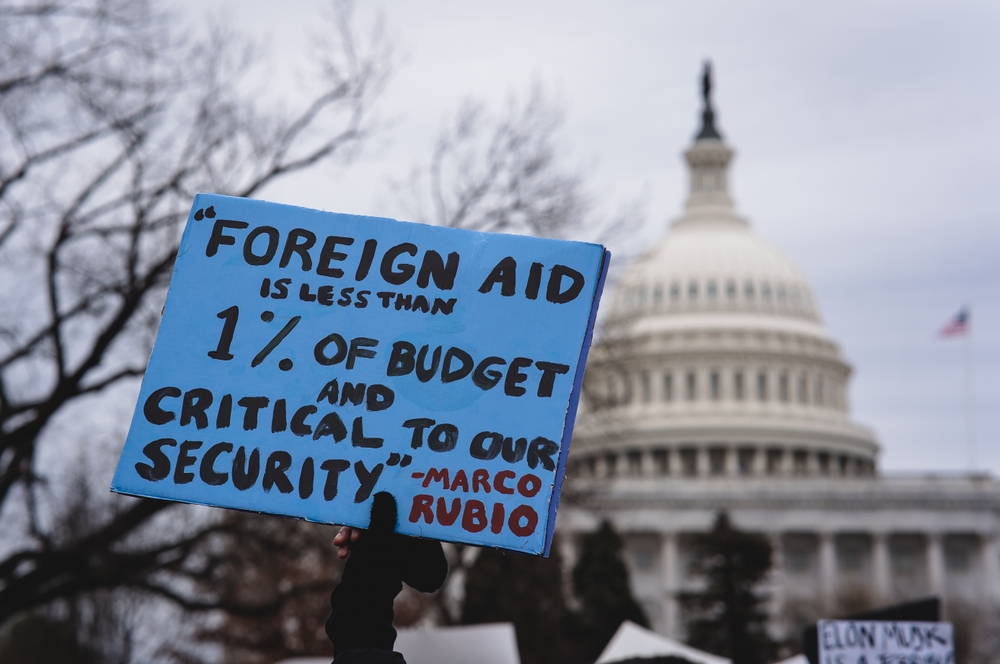
The administration announces significant cuts to foreign assistance, aiming to redirect funds domestically. Programs under USAID and other agencies face reductions, potentially impacting global health initiatives and humanitarian efforts. Analysts warn this could diminish U.S. influence abroad and create opportunities for rival nations to expand their reach.
11. Supreme Court allows federal workforce downsizing to proceed.
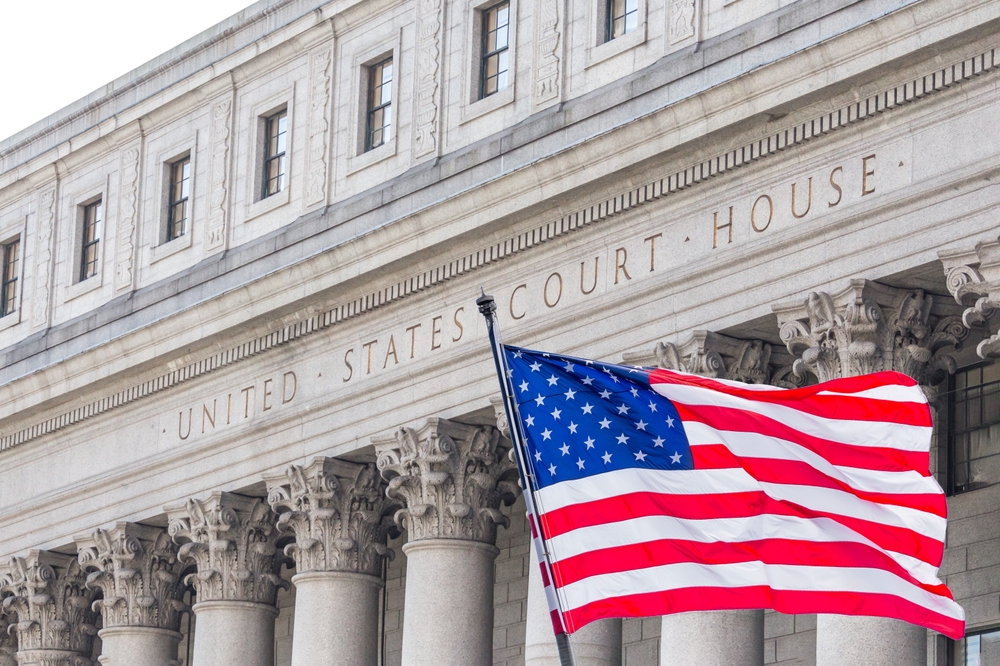
A recent ruling permits the administration to move forward with plans to reduce federal employment significantly. Agencies across the board, including those critical to public services, may see staffing cuts. Supporters argue this will increase efficiency, while opponents fear it will hinder government functionality and responsiveness.
12. New tariffs imposed—consumers brace for price hikes.
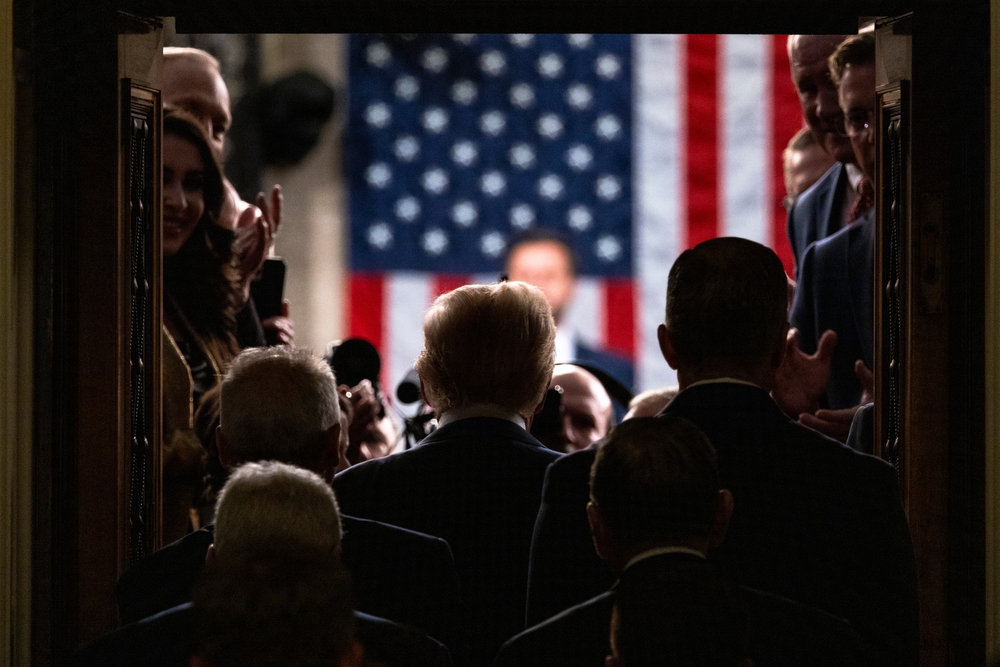
The government introduces new tariffs on various imports, including a 50% duty on Brazilian goods and copper. While intended to protect domestic industries, these measures may lead to increased costs for consumers and potential retaliation from trade partners. Economists express concern over the long-term effects on the global supply chain and inflation.
13. Cryptocurrency legislation gains momentum in Congress.

Lawmakers are advancing bills to regulate the cryptocurrency market, aiming to establish the U.S. as a leader in digital assets. Proposals include the CLARITY Act and the Anti-CBDC Surveillance State Act, focusing on market structure and privacy concerns. The outcome could shape the future of financial technology and investor protections.
14. Disaster assistance reforms aim to streamline aid distribution.

New legislation proposes a universal application for federal disaster assistance, allowing agencies to share information and expedite support. The goal is to improve response times and reduce bureaucratic hurdles for survivors. If implemented, this could mark a significant shift in how disaster relief is managed and delivered.
